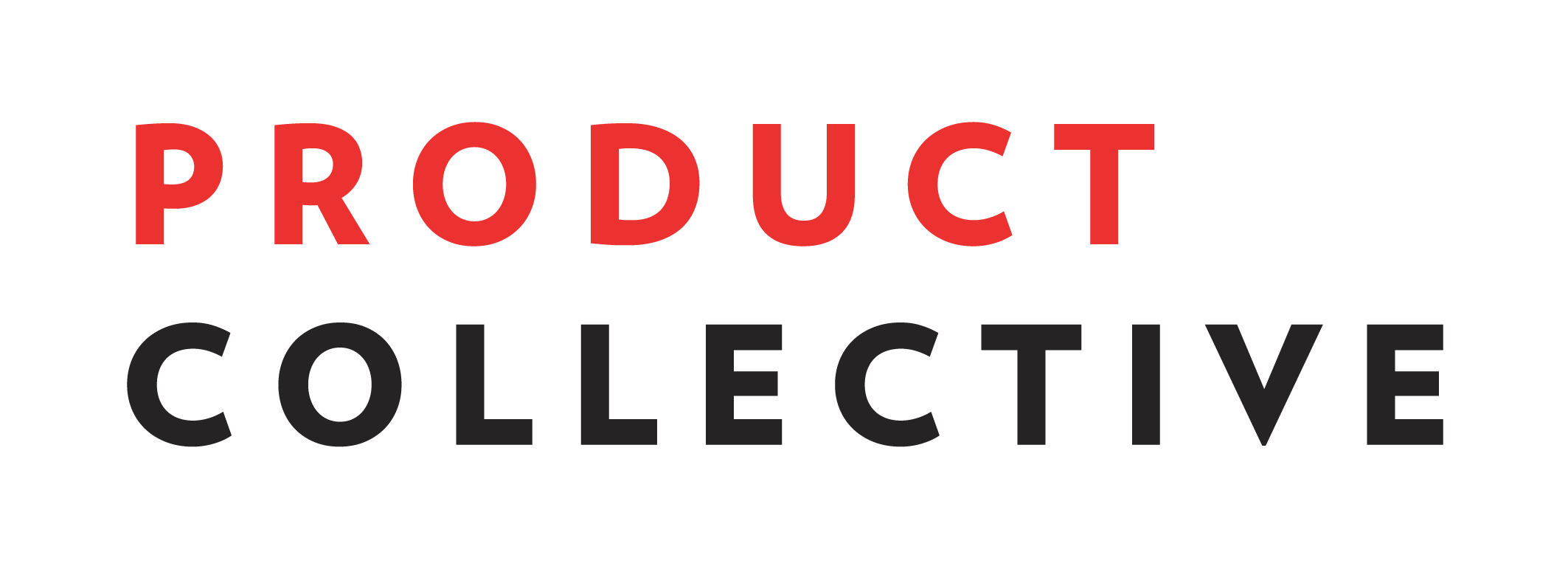Rather than creating Product Requirement Documents in a vacuum, modern Product Managers are employing an iterative approach to Product Validation by identifying customer segments, finding problems and then assessing solutions. These new processes have largely come from the startup world, but can just as easily be applied in bigger organizations.
5 steps to validate your product idea without a product. Fans of Customer Development will be familiar with these two key steps to building a product that people want; validating a customer/problem hypothesis and then validating a problem/solution hypothesis. Shardul Mehta underlines how important it is to first test to see if there is a significant customer segment experiencing a specific problem. Only then should you explore solutions that might solve it.
Validating product ideas through lean user research. Lean, iterative Product Validation usually involves using Minimum Viable Products (MVPs). Being a relatively new concept, there are several definitions for an MVP, such as the one Tomer Sharon quotes; it is the process of creating “a version of a new product that allows the team to collect the maximum amount of validated learning about customers with the least amount of effort.” He goes on to give two examples, 1) the Concierge MVP where the company manually executes the core service before automating it, and 2) the Fake Doors MVP where marketing materials are used to sell the product before it’s even built.
Validating product ideas. Iterating on an MVP is not without its critics. Tomer Sharon reminds us in another article that being hung up on a cycle of validating product ideas will distract you from understanding the fundamental problem that you are trying to solve. A great question to continually ask yourself is, “how do people currently solve the problem”. Then you can use several observational techniques to find the answers, such as field observations, shadowing, and contextual inquiry.


